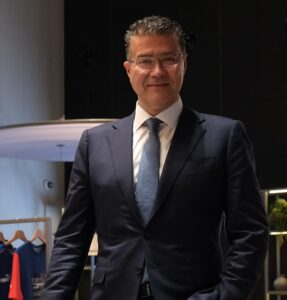The Cost of Processed, Unhealthy Foods: $20 Trillion. The consumption of processed, unhealthy foods poses a threat not only to human health but also to our planet. According to data released by the World Economic Forum (WEF) on the global food system, unhealthy eating habits contribute significantly to various health issues, including cancer and diabetes, which account for three-quarters of global deaths. This has a staggering economic cost, estimated at nearly $20 trillion.
Over the past century, the focus on cheap, high-calorie food production to meet the nutritional needs of the growing global population has led to a rise in unhealthy eating habits. However, these products have become a major risk factor for diseases such as cancer and diabetes, which contribute to the majority of global deaths. Furthermore, the excessive consumption of processed foods poses a threat to the future of our planet, with an economic cost of approximately $20 trillion.
The World Economic Forum highlights that this cost exceeds the global food consumption expenditure by more than twice. It emphasizes that changing consumption patterns is key to establishing a healthier food system.
In response to these challenges, brands like Henien are making significant efforts to provide natural, healthy, additive-free food products to consumers across Turkey. Halil Üsame Kullemci, the General Manager of Henien, emphasizes the importance of healthy food consumption and the role of campaigns in helping those who cannot access these foods.
“The information compiled by the WEF underscores how critical healthy eating is for both individuals and our planet. We offer consumers natural, healthy, delicious food products that are free from additives and can be stored for long periods using technological advancements. Our products, prepared using autoclave technology and packaged without any preservatives, offer practical solutions for various situations such as emergencies, travel, and camping,” Kullemci stated.
Furthermore, Henien’s subsidiary, Henien Aid, aims to provide healthy food to those in need through its projects and campaigns. Kullemci added, “The Henien Aid project emerged as a result of our efforts to explore the most gentle, high-quality, widespread, and sustainable method of providing meals. Those who want to help people in need of healthy food can donate via our website, henien.online, and volunteer to identify and confirm beneficiaries. For example, during the Ramadan period, we delivered 9,500 boxes with 684,000 meals to 228,000 people across 75 provinces in Turkey. We plan to increase these numbers in the future.”
The efforts of companies like Henien demonstrate the importance of addressing the challenges posed by unhealthy eating habits and working towards a healthier future for individuals and the planet.





